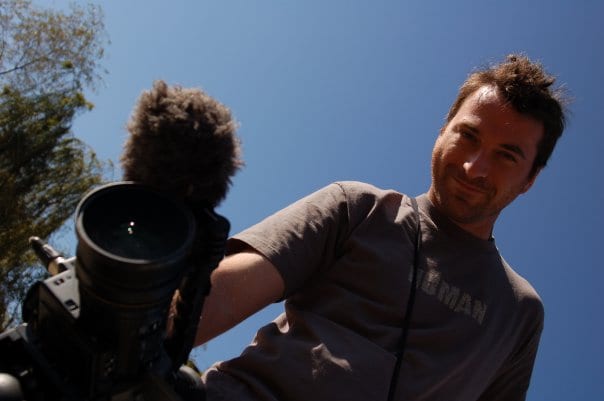Jonathan Walls.
Olean, Nova York, Estados Unidos
Biography
In 1997, Jonathan graduated from St. Bonaventure University in his hometown of Olean, New York. It was there that he made his first documentary titled, The Legacy Project: Preserving Life. Upon graduation, Jonathan continued his path of education and attended a workshop for directing at the New York Film Academy.
While at NYFA he met Rehina Pereira, Founder and Executive Producer of Verite Productions in Singapore who collaborated with Jonathan on an historical documentary for the National History Museum of Singapore.
While shooting in Singapore, he met with MTV Asia and directed/edited a reality-based series called It’s My Life which won The Best Editing Award. In 2001, Jonathan joined forces with Whitney Burditt and Mark Johnson on the award-winning Playing for Change: A Cinematic Discovery of Street Music.
In 2004, Jonathan ventured out of the documentary world and into the dramatic, scripted world. He teamed up with Producers/Writers/Actors, Jay Thames and Travis Schuldt on a feature film titled, Automatic. Automatic premiered at the SXSW film festival in 2005 and continued its successful festival run, ending with the top award at the Peniscola International Film Festival in Spain. Playing for Change: Peace Through Music is Jonathan’s third feature length film.
How we met –
The concept of Playing for Change was relayed to me in 1999. I had just finished a directing workshop at the New York Film Academy and was excited to dive into the craft of storytelling on a professional level, but wasn’t sure where my path would ignite. I got a call from a childhood friend who was living in Los Angeles at the time and he told me of a documentary idea that his roommate had about street musicians. His roommate was Mark Johnson and his idea was Playing For Change. A month later I was living on their couch, trying to find a way to make the film a reality. I took a job in Singapore in 2001, but then shortly after, I got a call from Mark saying that he had met Whitney and together, they found financing. I immediately moved back and now, a decade later, it is not only a reality, but also a way of life.

